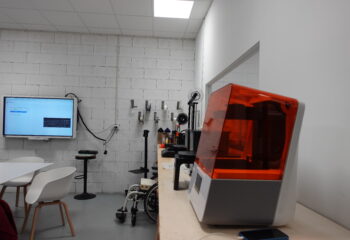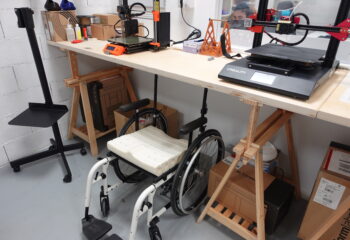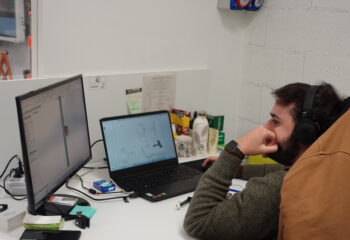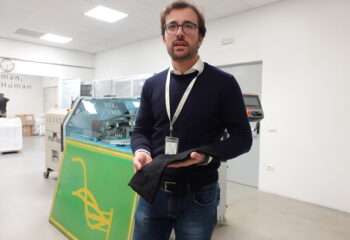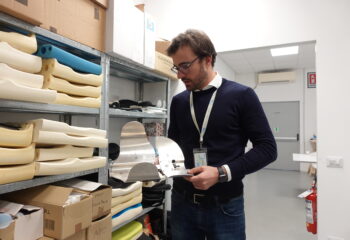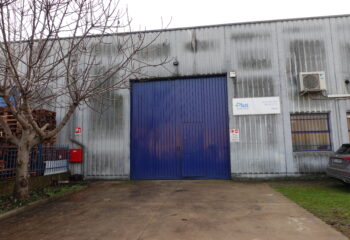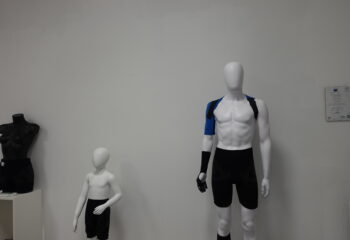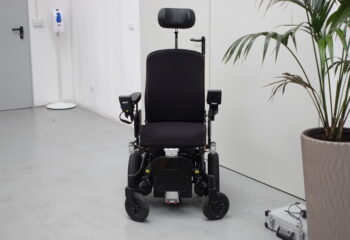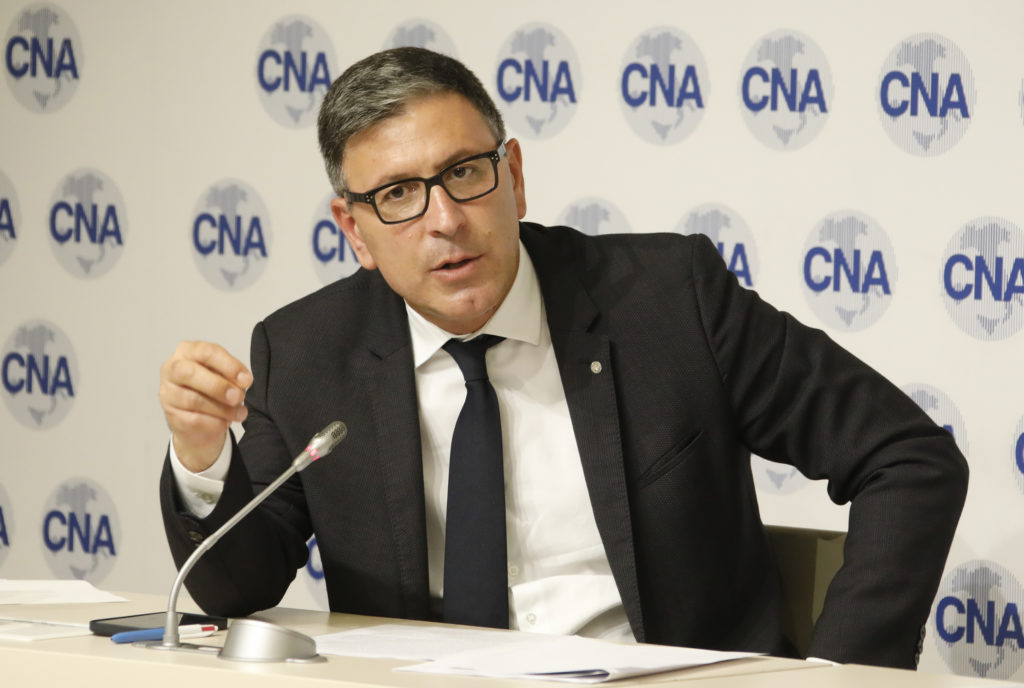Leggi la versione italiana
Simone Mora is 29 years old. He is a biomedical engineer and founded Plus Biomedicals five years ago. In his lab, on the outskirts of Brescia, he produces devices to improve the lives of people with neurodegenerative diseases, such as infantile paresis, premature births, ataxias, sclerosis, parkison, and strokes. It all starts with a headrest for people in wheelchairs and an automated oral-washing device, and today, it leads to carefully researched braces and prosthetics. A finalist in the regional edition of the 2019 Premio Cambiamenti, Simone is featured in CNA Storie in February. The prostheses and braces that are produced here are special because they are designed not only with a focus on functionality. But also with an eye to the psychological aspect, especially if children are wearing them.
Research and development and collaboration with medical facilities
“Today, braces are mostly rigid, mostly in metal and carbon shells, and do not take into account the perception of those who have to wear them, even 14 hours a day,” Simone explains. “Our innovation has been to introduce tissues based on functional silicone deposition.” If study, research, and development are the basis of Plus Biomedicals’ business, an equally important role is played by relationships with key figures, such as physicians, physiatrists, and orthopedic laboratories. “The main work is to make people aware of the technology and give evidence of the effectiveness that can then lead to improving the patient’s life,” Simone explains. Physiotherapists, physiatrists, occupational therapists, and, of course, physicians are the key figures: “It’s a supply chain and group work environment, in an ever-changing market.”
The relationship with technical institutes
The relationship with technical institutes, in an area like this, is very important. It is a system of communicating vessels, thanks to which students have the opportunity to touch the business reality and on the other hand those who experience the company can gather insights, ideas and new incentives from them. “Since the second year of activity, we have started to give opportunities to the students attending the technical institutes to have an experience in the company, where they play their own role, as if they were already employees. For us, too, coming into contact with willing young people who want to learn something is a good opportunity, because the help is very concrete,” Simone explains.
A 100% Italian supply chain
The production of Plus Biomedicals, is 100 percent “0” kilometer. Everything that comes out of here is composed of materials from a short supply chain. A guarantee that guards against the risks of supply disruptions, linked to geopolitical turmoil. “Working with territorial realities also creates greater involvement in the project itself,” Simone explains. We manage to maintain control over the entire supply chain, from yarns to mechanical components, from mechanical processing to raw materials, and a high process dynamism and a product that is truly all of Italian soil. We have relationships mostly with small- to medium-sized companies because they are able to support us better.”
Premio Cambiamenti
For Simone, Premio Cambiamenti was a real stepping stone. “Premio Cambiamenti gives you great visibility and creates a lot of potential. It’s a showcase and a springboard because to be able to develop you also need a proper context,” adds Simone, who looks beyond the Italian context.
Improving the lives of young patients
In Simone’s corporate vision, the business aspect walks hand in hand with a mission: to improve the lives of little patients. “The impact of our braces on people is non-invasive: they have their own functionality, but they look like garments, because we know that the person wearing them does not want to show themselves as weak, especially at adolescent age. In short, Plus Biomedicals’ mission is to rethink the concept of a medical device: these prostheses are conceived as a care that is worn, like any piece of clothing.


